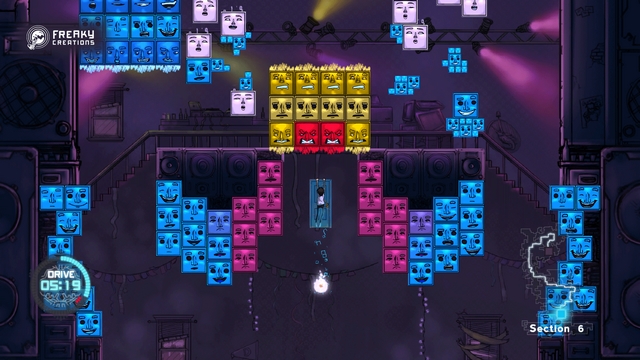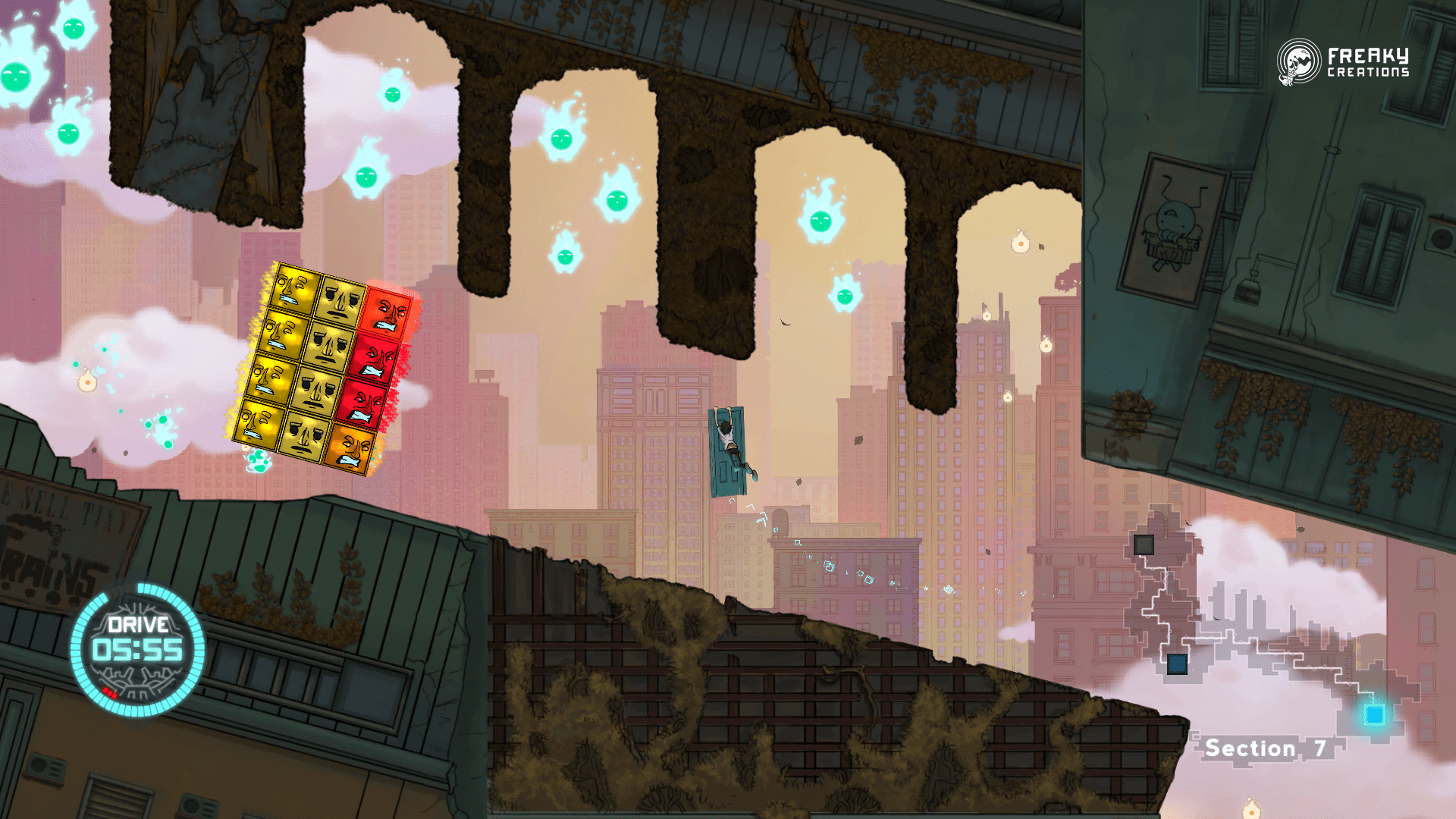Slowly but surely, games are regularly exploring serious social subjects. And it’s a good thing: it helps those conversations become more common place in the sphere of gaming.
One of those subjects revolves around mental health awareness, and one game that speaks very well on the subject is To Leave, an indie platformer for the PC and PlayStation 4.
Much like Celeste and Hellblade, To Leave is a game that offers an intimate journey into the realm of mental health. It’s the story of a young boy with manic depression. His ultimate goal is to use ancient technology to send the souls of everyone on the planet to heaven, bringing him and everyone peace.
The game’s narrative is a lot to process, and I wish I was putting that mildly. The protagonist, Harm, chronicles his days in his personal journal. The game progresses as players read through this journal, where his painful motivations and plans are laid bare.
It’s a harsh, yet illuminating lens into the world of mental health, and the tribulations many silently face — and many more silently overlook.
Harm addresses his severe depression by endeavoring to essentially bring an end to everything. It’s a feeling that for some, may very well be relatable.
To do this, you’ll navigate through a number of temples after a series beautifully challenging stages. You’ll traverse these stages using a magical flying door that also functions as Harm’s magical portal. The objective is to reach the goal and never crash into any obstacles along the way — a fitting metaphor for the subject matter.

When you activate a temple, Harm literally gives away a piece of his life. Afterward, he’s drained of all his strength and he’s barely able to walk through the portal to return home. Then he collapses in bed, only to do it again and again until his mission is complete.
To offset the game’s heavy tones, To Leave presents a very beautiful aesthetic and serene soundtrack. It offers comfort in the wake of such a hefty, loaded adventure.
It could be easy to say the game glorifies the often negative perception of mental illness. However, I really doubt that was the intention of developer Freaky Creations. I believe it would be more accurate to say they want us to be more mindful of mental wellness.
Because of its focus on such an uncomfortable subject, many players may not take the time to play To Leave — but it’s because of that subject it should be played.
If you’re a fan of indie games, platformers, and or narrative focused games, I highly recommend To Leave. It is available via the PlayStation Store and Steam.







Published: Mar 14, 2019 01:26 pm